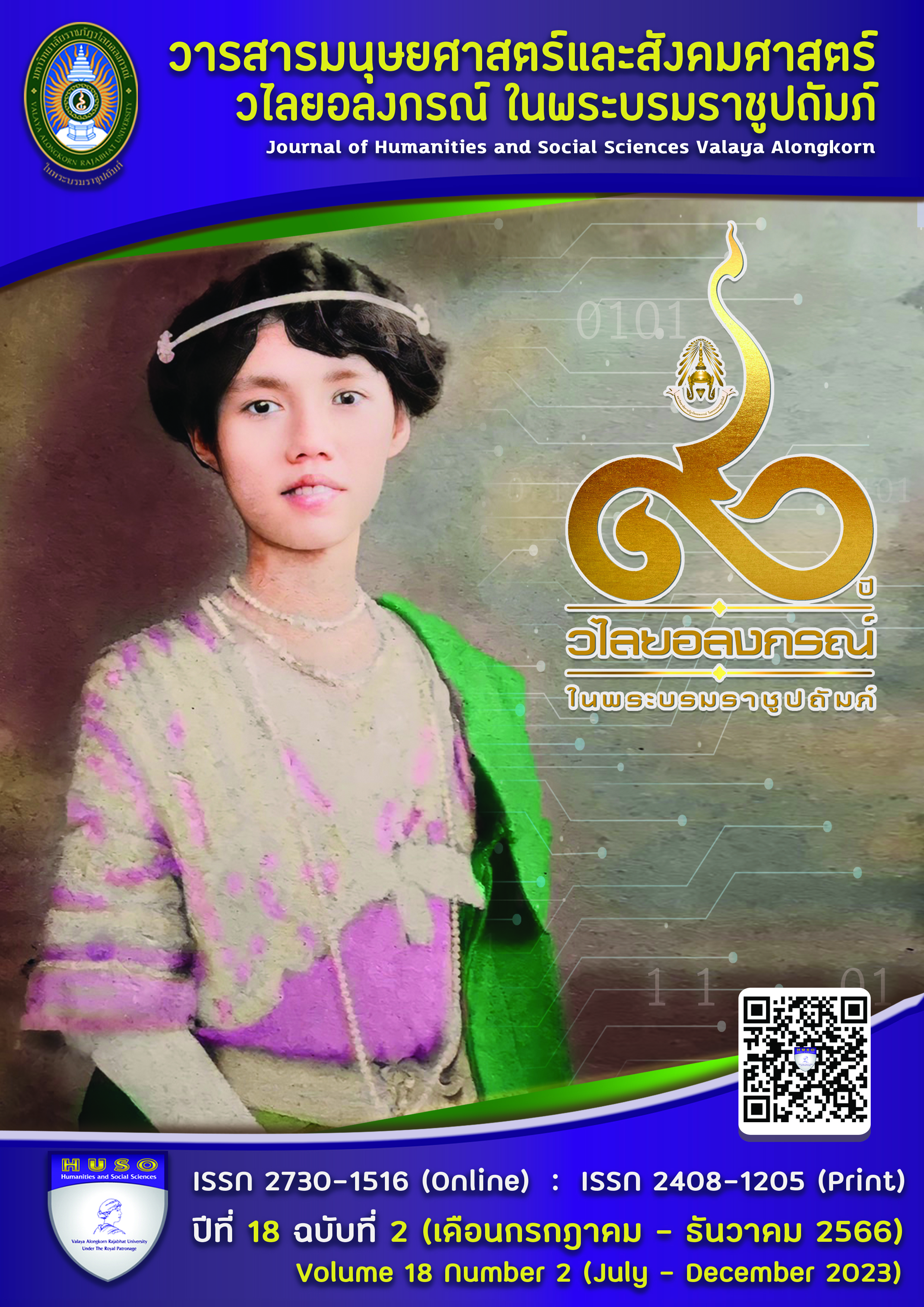INDIRECT REFUSAL AND STRATEGIES: INSTANCES OF ANALYSIS IN ROALD DAHL'S SHORT STORY THE SURGEON
Main Article Content
Abstract
This study explores the instances of indirect refusals as a speech act in The Surgeon,
a short story written by Roald Dahl. The investigation examined the utilization of indirect refusals and their relationship with politeness strategies and the sociological variables, namely social distance (D), relative power (P), and absolute ranking (R) of imposition, as expounded by Brown and Levinson (1987). The analysis was conducted on negative responses to offers and suggestions in the story and the results were based on the politeness strategies put forth by Liang and Min (2013). The findings demonstrate that indirect refusals used by characters, such as those between the doctor and the prince-patient in the story, align with politeness strategies, with an example in the use of excuses or reasons. The sociological variables between them play a crucial role in their usage, particularly in preserving the interlocutor's positive face by providing a rationale for their deployment. These results offer evidence to support the politeness theory proposed by Brown and Levinson.
Article Details

This work is licensed under a Creative Commons Attribution-NonCommercial-NoDerivatives 4.0 International License.
ลิขสิทธิ์บทความวิจัยที่ได้รับการตีพิมพ์เผยแพร่ในวารสารมนุษยศาสตร์และสังคมศาสตร์ วไลยอลงกรณ์ ในพระบรมราชูปถัมภ์ ถือเป็นกรรมสิทธิ์ของคณะมนุษยศาสตร์และสังคมศาสตร์ มหาวิทยาลัยราชภัฏวไลยอลงกรณ์ ในพระบรมราชูปถัมภ์ ห้ามนำข้อความทั้งหมดหรือบางส่วนไปพิมพ์ซ้ำ เว้นแต่จะได้รับอนุญาตจากมหาวิทยาลัยเป็นลายลักษณ์อักษร
ความรับผิดชอบ เนื้อหาต้นฉบับที่ปรากฏในวารสารมนุษยศาสตร์และสังคมศาสตร์ วไลยอลงกรณ์ ในพระบรมราชูปถัมภ์ เป็นความรับผิดชอบของผู้นิพนธ์บทความหรือผู้เขียนเอง ทั้งนี้ไม่รวมความผิดพลาดอันเกิดจากเทคนิคการพิมพ์
References
Abdulla, L. A., & Abdulla, I. A. (2022). An analysis of speech acts in Aesop’s fables. Polytechnic
Journal of Humanities and Social Sciences, 3(2), 164-170. DOI: 10.25156/ptjhss.v3n2y2022
Al-Kahtani, S. A. (2005). Refusals realizations in three different cultures: A speech act theoretically-based cross cultural study. Lang.& Transl, 18, 35-57. http://faculty.ksu.edu.sa/saad/Documents/Refusal.pdf
Altikriti, S. F. (2011). Speech act analysis to short stories. Journal of Language Teaching and Research, 2(6), 13741384. https://doi.org/10.4304/jltr.2.6.1374-1384.
Beebe, L. M., Takahashi, T., & Uliss-Weltz, R. (1990). Pragmatic transfer in ESL refusals. In R. C. Scarcella, E. S. Andersen, and S. D. Krashen (Eds.), On the development of communicative competence in a second Language (pp. 55–73). Newbury House.
Brown, P., & Levinson, S. C. (1987). Politeness: Some universals in language usage. Cambridge: Cambridge Univ. Press.
Dahl, R. (1992). The collected short stories of Roald Dahl. Penguin.
Huang, Y. (2007). Pragmatics. Oxford: Oxford University Press.
Iliadi, P. L., & Larina, T. V. (2017). Refusal strategies in English and Russian. RUDN Journal of Language Studies, Semiotics and Semantics, 8(3), 531-542. https://doi.org/10.22363/2313-2299-2017-8-3-531-542.
Lewis, D. (2008). The dynamics of face in the fictional dialogue of Bret Easton Ellis's American Psycho. INNERVATE leading Undergraduate Work in English Studies, 1, 182-189.
Liang, Z. P., & Min, G. (2013). Politeness strategies in refusal. Sino-US English Teaching, 10(12), 920-924.
Mohammad, G., Alireza, B., & Shirin, M. (2012). Investigating cross-linguistic differences in
refusal speech act among native Persian and English speakers. International Journal of
Research Studies in Language Learning, 2, 49-63.
http://www.consortiacademia.org/index.php/ijrsll/article/download/214/173
Olfati, N., & Yarahmadi, M. (2011). Speech act analysis of Anton Chekhov’s The Seagull. Journal of Basic and Applied Scientific Research, 1(12), 2522-2527.
Sattar, H. Q., Lah, S. C., & Suleiman, R. R. (2011). Refusal strategies in English by Malay university students. GEMA Online™ Journal of Language Studies, 11(3), 69-81.
http://www.ukm.my/ppbl/Gema/GEMA%20vol%2011%20(3)%202011/pp69_81.pdf
Sriphachan, S. (2019). Children's rights in Roald Dahl’s selected young people's fiction [Doctoral dissertation]. http://202.28.34.124/dspace/bitstream/123456789/64/1/58010162003.pdf.
Wongsittikan, N. (2022). Patterns in declining an invitation: Cross-cultural differences in Korean and Thai refusals. Manutsat Paritat: Journal of Humanities, 44(1), 129-158.


